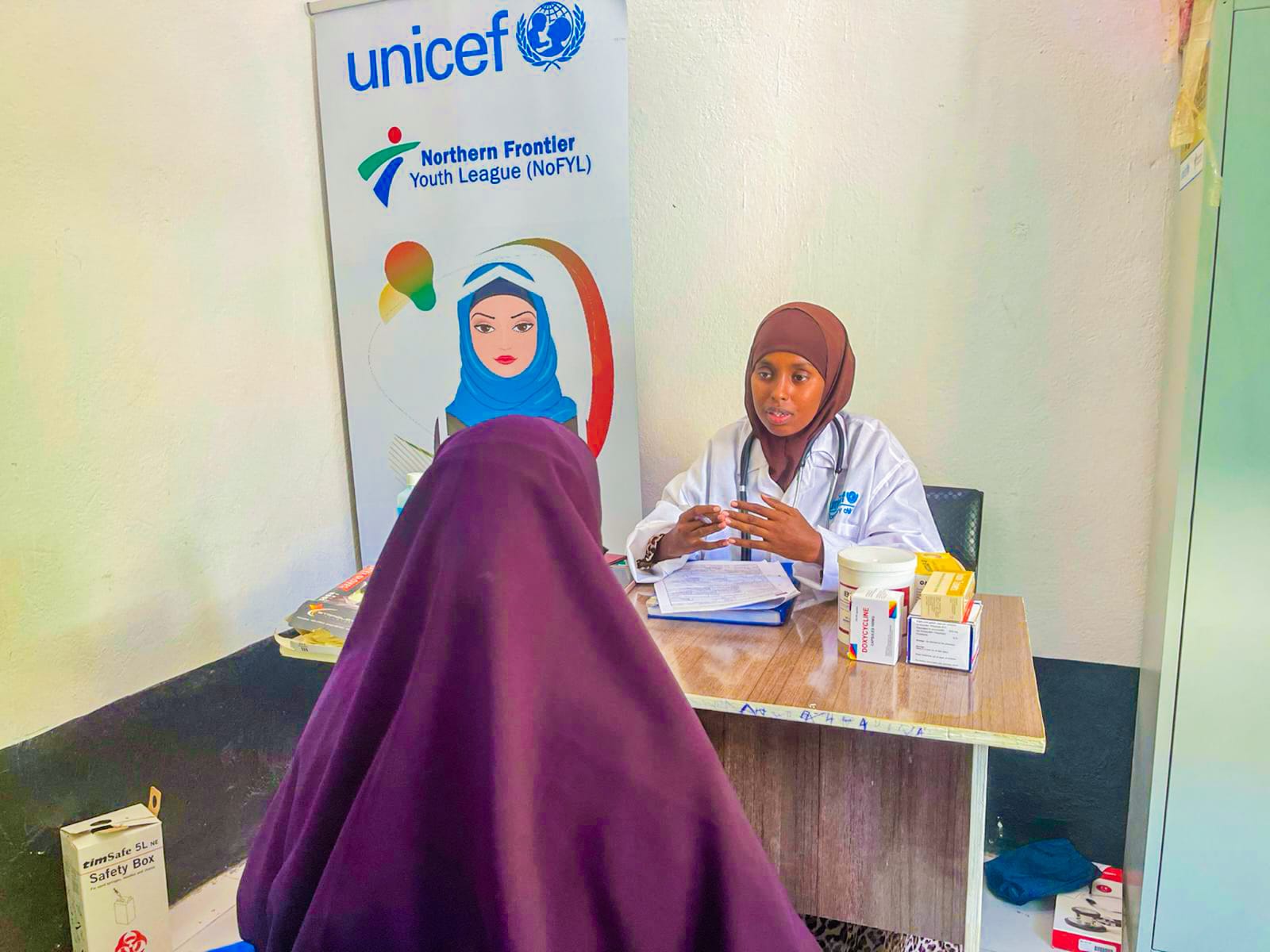
- 15 June, 2024
- By - Admin
SUPPORTING SURVIVORS OF SEXUAL ASSAULT IN SOMALIA
Scary, painful, traumatizing,” that’s how Halima*, a 20-year-old girl from Gadudey site in Bardheere describes her ordeal at the hands of 2 perpetrators. Recounting her traumatic experience of sexual assault stirred profound emotions hidden beneath her façade. Halima still vividly recalls the memories of the events that transpired that day: “They threatened to kill me if I shouted for help,” she continued. “They forced me to strip naked,” said the 20-year-old, picking at the skin around her fingernails. “When I refused, they tore off my clothes …I resisted until I had no more strength left,” she told NoFYL. Then they started raping me, I was terrified and in pain.” Halima paused, wiped her tears and tried to steady her shaking hands. Her voice struggled to contain her anger and her breath deepened. Her ordeal was not only physically brutal, but also psychologically devastating. Cases of gender-based violence, including rape, are tragically common in Somalia. Rape trauma affects mental, physical and intimate health and can be a life sentence. Women and girls in displacement face an elevated risk of sexual assault. Yet most survivors lack access to critical response and recovery support such as post-rape care and treatment, which is critical to healing and avoiding unintended pregnancies and sexually transmitted infections such as HIV. Psychological support is also vital to helping the survivors cope with the trauma and initiate the healing process.